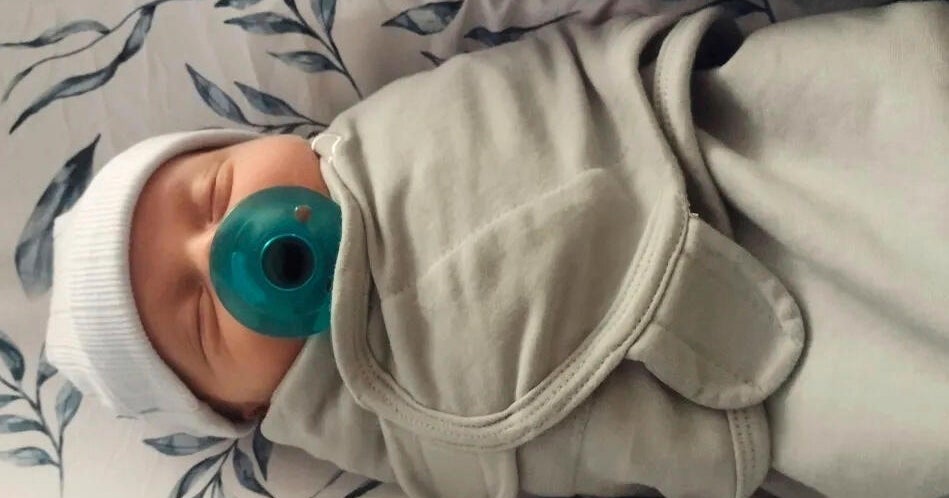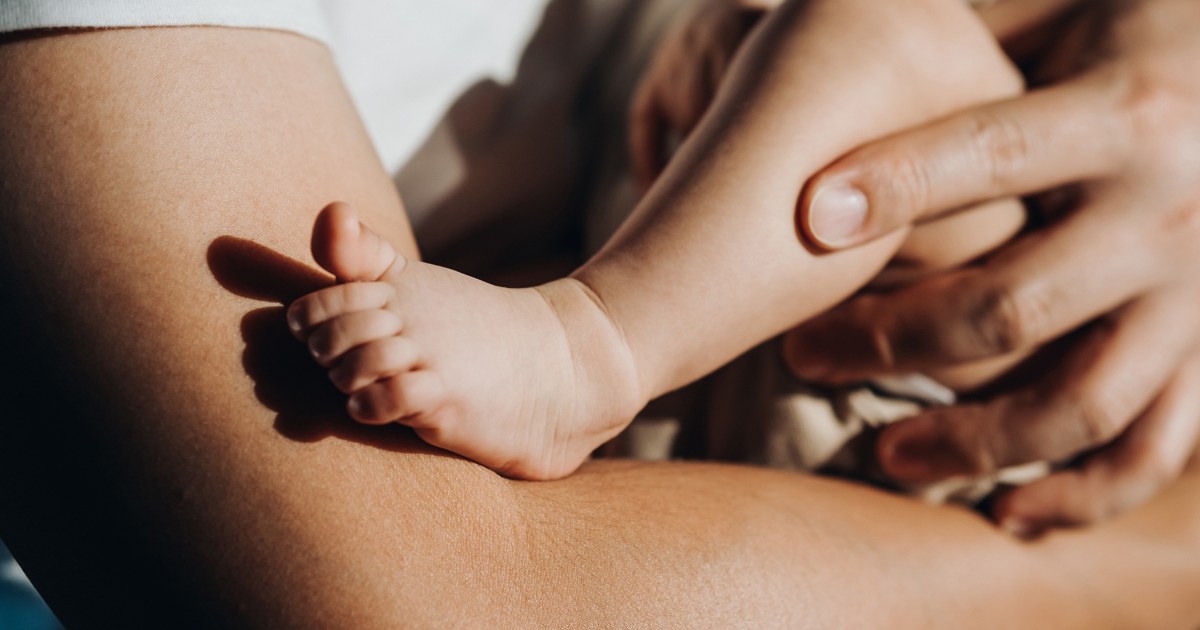T4K3.news
Ohio couple celebrates birth from embryo frozen for over 30 years
Lindsey and Tim Pierce welcomed a baby boy, making a record with a 30-year-old embryo.
Lindsey and Tim Pierce celebrate becoming parents through a record-breaking embryo adoption process.
Ohio couple embraces joy of parenting after 30-year-old embryo birth
An Ohio couple welcomed their son, marking what may be the longest frozen embryo pregnancy on record. Lindsey and Tim Pierce's baby was born from an embryo frozen for over 30 years. After years of dealing with infertility, the Pierces pursued embryo adoption, using embryos donated by Linda Archerd, who has felt a sense of moral responsibility toward the embryos she created through in vitro fertilization. This achievement highlights an evolving perspective on embryo storage and adoption, especially as debates continue about how to handle frozen embryos left in limbo across the country. Medical experts estimate that there are around 1.5 million frozen embryos in the U.S., prompting growing interest in embryo adoption as an alternative for those struggling with infertility.
Key Takeaways
"I wanted to be a part of this baby’s life and I wanted to know the adopting parents."
Linda Archerd reflects on her emotional connection to the embryos she donated.
"We didn’t go into this thinking about records—we just wanted to have a baby."
Lindsey Pierce emphasizes the personal significance of their journey amidst the record-setting outcome.
"These stories catch the imagination but also raise caution: why are these embryos sitting in storage?"
Dr. John David Gordon addresses the issue of frozen embryos and their potential futures.
"It’s a moral responsibility I felt toward those three little embryos."
Linda Archerd speaks on her feelings about donating her embryos.
The recent birth from a 30-year-old frozen embryo underscores a profound intersection of personal hope and ethical discussion. As more couples seek alternatives to discarding leftover embryos, this case highlights the emerging interest in embryo adoption. The evolving legal status of frozen embryos, as suggested by court decisions, adds another layer to the emotional and ethical complexities involved. It raises critical questions about why so many embryos remain in storage while families seek to expand their own.
Highlights
- This birth is a testament to hope across decades.
- Our journey was about love, not records.
- Each embryo deserved a chance at life just like any child.
- Meeting the Pierces and their baby would be a dream come true.
Concerns surrounding embryo storage and adoption
As the number of frozen embryos in the U.S. grows, ethical and legal discussions intensify. Public sentiment is shifting around the rights of these embryos, raising complex questions about their future. The 2024 Alabama Supreme Court ruling has also impacted how clinics deal with frozen embryos, introducing risks of legal controversies and backlash.
This remarkable journey may inspire further conversations about embryo adoption and fertility options.
Enjoyed this? Let your friends know!
Related News

Thaddeus born from world’s oldest embryo

Ohio couple gives birth to son from historic frozen embryo

Oldest baby born from 1994 frozen embryo

Historic baby born from record-breaking frozen embryo

Oldest baby in the world born from frozen embryo

Jessica Wright discusses family pressures and personal trials

Eight babies born using DNA from three people

Expert dispels 13 common pregnancy myths
